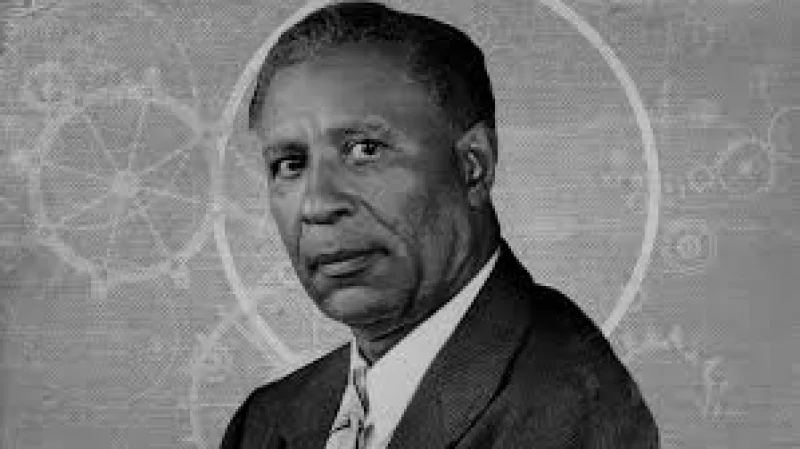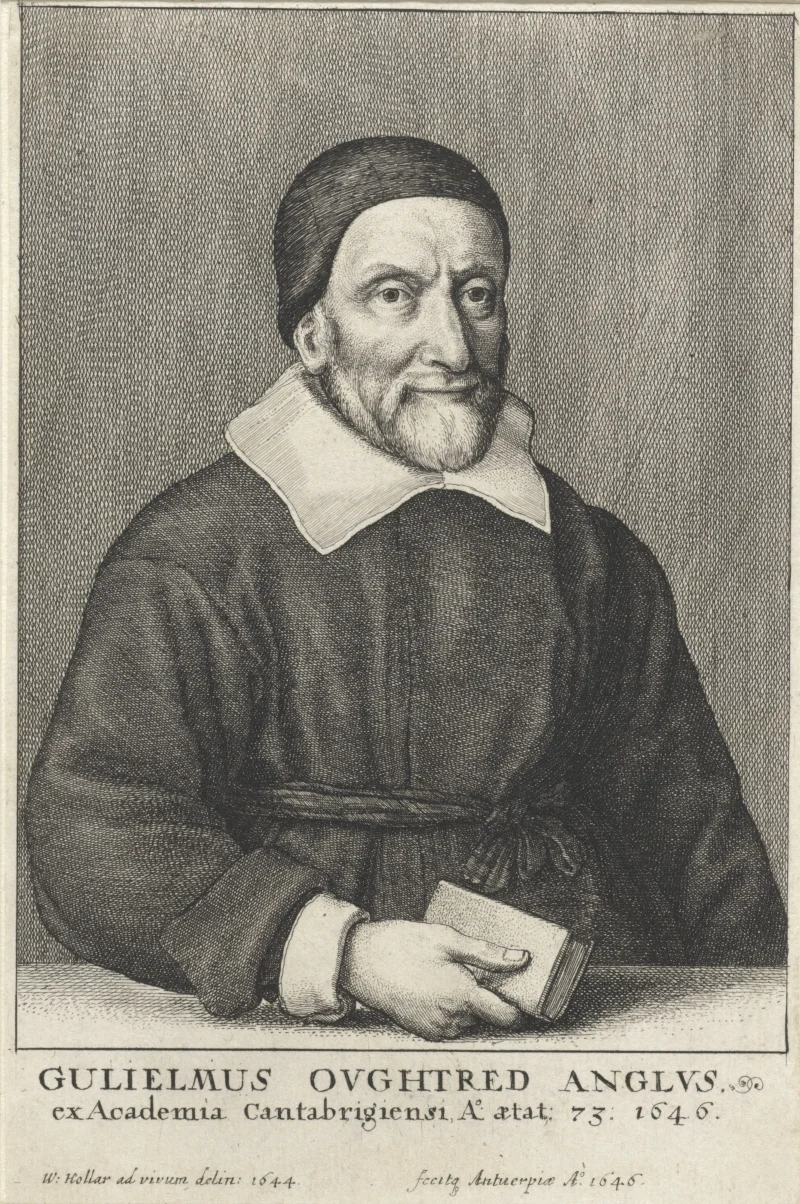Short Summary
John Locke was a 17th-century English philosopher and physician, renowned as one of the most influential Enlightenment thinkers and commonly considered the "Father of Liberalism." His work on political philosophy, particularly his ideas concerning the social contract and natural rights, profoundly impacted the development of political theory. Locke's writings laid the groundwork for modern understandings of liberty, government, and the human mind, influencing both the American and French revolutions.
Early Life & Education
John Locke was born on August 29, 1632, in Wrington, Somerset, England, to a Puritan family. His father was a country lawyer and served as a captain in the Parliamentary forces during the English Civil War, which influenced Locke's early political views. He attended the Westminster School in London before enrolling at Christ Church, Oxford, in 1652. Although Locke found the curriculum at Oxford to be largely scholastic and uninteresting, he was profoundly influenced by the scientific and experimental approach of the new thinkers of his time, particularly the ideas of Francis Bacon and the emerging empirical philosophy.
Career Highlights
Locke's career was marked by significant contributions to philosophy, medicine, and politics. He served as a physician and advisor to Anthony Ashley Cooper, the first Earl of Shaftesbury, which brought him into the political sphere. Locke's most notable works include "An Essay Concerning Human Understanding," which laid the foundation for modern theories of knowledge and understanding, and "Two Treatises of Government," which articulated ideas about civil society and the rights of individuals. His thoughts on religious tolerance and the separation of church and state were also groundbreaking, influencing future liberal democratic governance.
Major Achievements
- Published "An Essay Concerning Human Understanding," which explored the nature of human knowledge.
- Authored "Two Treatises of Government," laying the groundwork for modern political philosophy.
- Promoted the idea of religious tolerance in "A Letter Concerning Toleration."
- His theories on the mind influenced the development of psychology as a discipline.
- Advocated for the separation of church and state, impacting future constitutional frameworks.
Famous Quotes
- "The end of law is not to abolish or restrain, but to preserve and enlarge freedom."
- "No man's knowledge here can go beyond his experience."
Interesting Facts
- Locke studied medicine and was involved with the Royal Society, a society for scientific advancement.
- His writings were initially published anonymously, reflecting the controversial nature of his ideas.
- Locke's work had a direct influence on the American Declaration of Independence.
- He spent several years in exile in the Netherlands due to political tensions in England.
- Locke's personal library contained over 3,000 books, showcasing his diverse interests.
Legacy / Influence
John Locke's influence extends beyond philosophy to political theory, education, and psychology. His ideas on natural rights and government by consent were instrumental in shaping modern democratic governance and inspired numerous political documents, including the U.S. Constitution and the French Declaration of the Rights of Man. Locke's emphasis on empirical knowledge and rationalism paved the way for the Enlightenment and subsequent intellectual movements, securing his place as a pivotal figure in Western thought.
FAQ
Q: Why is John Locke famous?
A: Because of his influence on political philosophy, particularly his theories on the social contract and natural rights.
Q: What are John Locke's most significant works?
A: "An Essay Concerning Human Understanding" and "Two Treatises of Government" are his most notable writings.
Q: How did Locke influence modern political systems?
A: His ideas on natural rights and government by consent were foundational to modern democracy and constitutional governance.
Q: What was Locke's view on religious tolerance?
A: He advocated for religious freedom and the separation of church and state, promoting tolerance in society.













